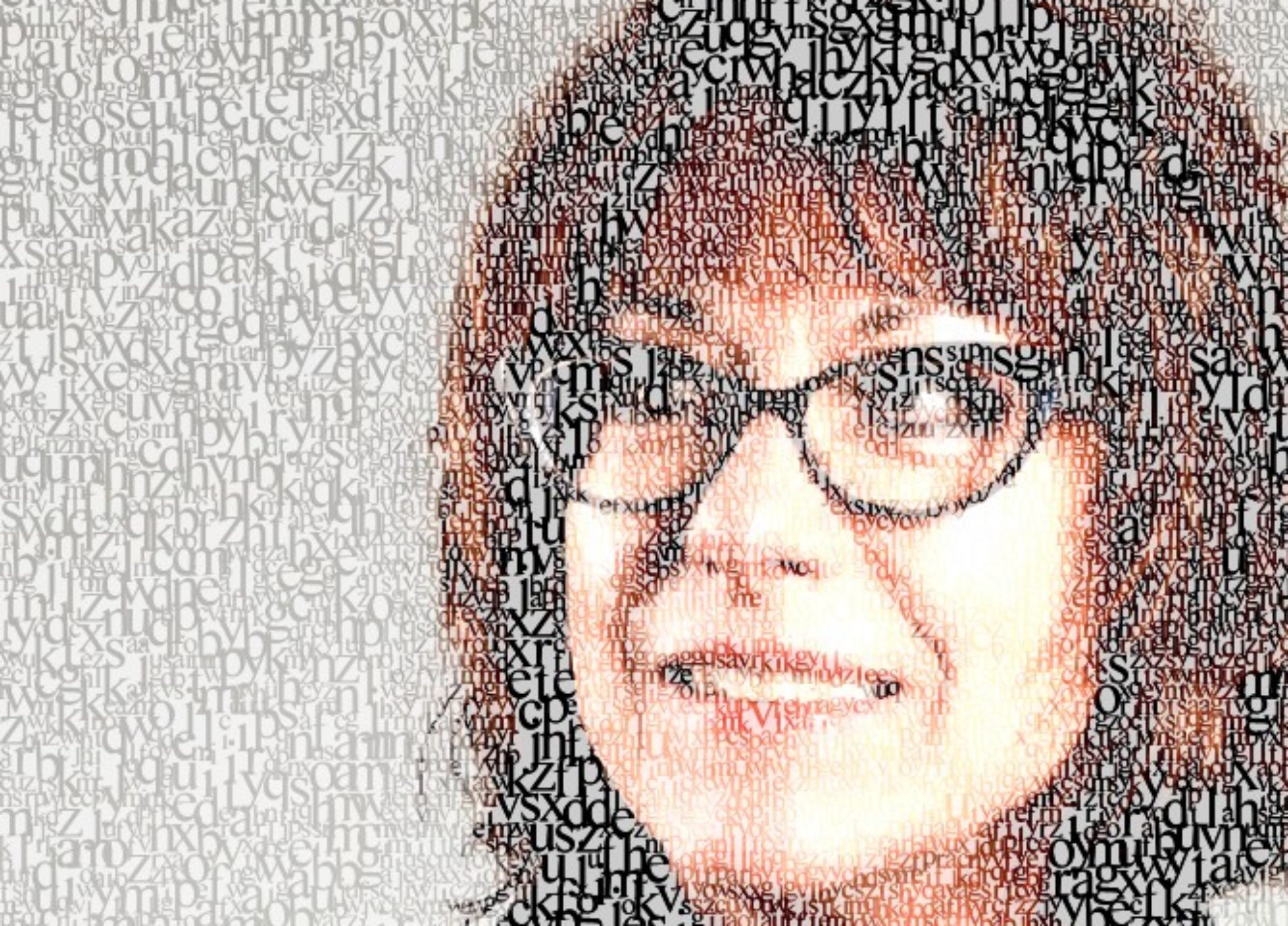Flash fiction by Susan Walsh
Walking gives you time to process what you see. That’s what Jenny liked most about it. Especially after she had her cataract surgery. She had so much more to process: Individual leaves on trees, mullions on windows, stripes on the neighbor’s fat yellow cat as it watched the humming bird at Iris’s feeder.
Iris was her best friend. They’d lived across the street from each other for 40 years. They’d helped each other through the losses of husbands and jobs and even a child—one of Iris’s. That was the worst a person could go through. But they got through. They gave each other advice, solved each other’s problems and fought each other’s battles. They walked together every morning in their white New Balance shoes and reflective jackets, rain or shine but not ice.
It was on one of their walks that Iris had finally convinced Jenny to have her cataracts removed. She’d had the cataracts for years. Her eye doctor described them as “impressive.” But he saw no reason to have them removed. He said she seemed to get along fine, and at her age, why bother?
Iris had been incensed at that last remark and told Jenny to get a new eye doctor. “How do you know how well you’re getting along? You can’t see what you can’t see,” she said. “You’re only 80. I’m 94. You don’t want to live the next 14 years half-blind.”
Jenny started to point out she might not share Iris’s stubborn proclivity for life. But Iris drowned her out. She was on to her doctor rant:
“Why should some doctor get to decide how well you should get along? How would he like it if someone told him it was fine to go around half blind?”
“Iris…”
“…they think all old people are senile,” Irish was on a roll. “And the government, don’t get me started on the government…”
Jenny, who had no intention of getting her started. Anything but the government rant.
“All right, all right, already. We’ll call your eye doctor tomorrow.”
“Today,” said Iris.
“Today.” Jenny agreed. “If it gets you off my back.”
And, on every walk thereafter, Jenny had to admit that Iris, as usual, was right. The new eye doctor didn’t hesitate to perform the surgery. Iris gave her eye drops every day for four weeks. Jenny’s vision was 20/20. So on their walks she could read the road signs as well as Iris. She noticed and commented on various neighborhood innovations before Iris. “Look at Elinor’s petunias.” “Isn’t that little Devon starting to look like his grandfather?” “Gerald got a new truck, what a tough old bird.”
Why had she waited so long to have the surgery?
“I told you,” said Iris.
The next few years of walking seemed to go by in a minute. Iris was starting to slow down. Jenny didn’t need her new eyes to tell her something was not quite right. “It’s my ticker,” Iris said. “But I’m not done yet.”
They made a pledge to keep walking as long as they could. And if one of them had to give it up, well then, the other would just go on walking as long as she could. And report back with the neighborhood goings on.
When Iris moved herself into Home To Me, a pleasant enough assisted-living facility, Jenny took her reporting duties as seriously as a soldier. She marched on every morning. And she got the two of them smart phones. So she could share pictures and videos as she went.
She and Iris learned to use them in an afternoon. This thrilled Iris beyond measure. They were old but they weren’t done, as long as long as they could learn something new. She said she’d be telling her doctors the same thing, and a lot more too, now that she could Google what was really wrong with her.
“Why’d we ever wait so long to get these things?” asked Jenny.
“Better late than never,” answered Iris.
© 2017 Susan Walsh

